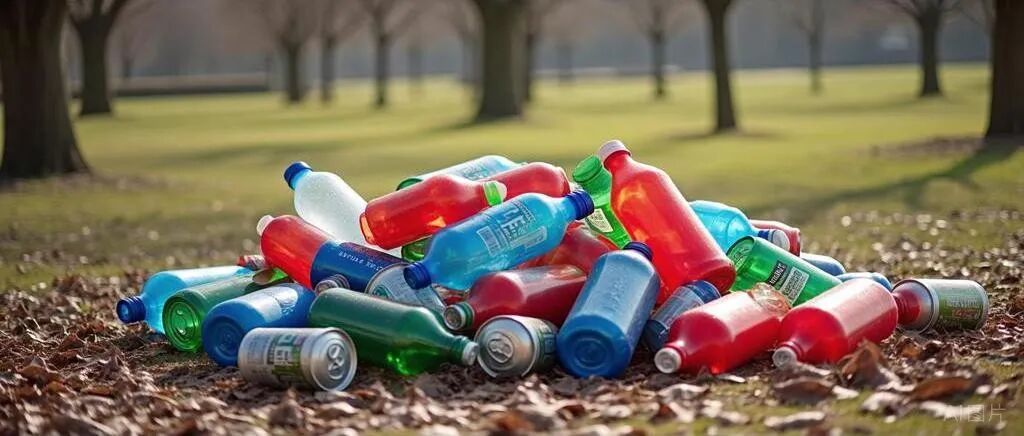Brazil Issues Decree Mandating Recycled Plastic Content in Packaging

According to the South American Overseas Chinese News Network, the Brazilian federal government recently issued a decree that sets mandatory targets for the recycling rate of packaging plastics, marking the first time Brazil has implemented such regulations.
On October 23, the Brazilian website "g1globo" reported that the decree sets the recycling rates and deadlines for plastic waste, which is now in effect nationwide. According to the decree, by 2026, the recycling rate for all single-use plastic packaging and products (such as plates, utensils, cups, and straws) must reach 32%. By 2040, this rate should increase to 50%.
At the same time, the decree also stipulates the proportion of recycled materials to be used by manufacturers of plastic products and packaging, requiring that the content of recycled plastic in new plastic products reach 22% by 2026 and 40% by 2040. These requirements also apply to importers.
Adalberto Maluf, head of the National Office of Urban Environment under the Brazilian Ministry of the Environment, stated: "This decree encourages these companies to use more recyclable packaging and promotes reusable packaging through incentives, thereby reducing urban waste."
The Brazilian government has multiple reasons for implementing stricter plastic restrictions.
Lara Iwanicki, director of the international ocean conservation organization Oceana, stated: "Brazil is currently the eighth largest plastic polluter in the world. As the largest plastic producer in Latin America, we release approximately 500 billion plastic products and packaging into the market each year. Brazil dumps 1.3 million tons of plastic waste into the ocean annually. This has a range of impacts on biodiversity and causes significant damage to tourism, fisheries, and human health."
The supervision of the new law will be handled by the Environmental Protection Agency. Malouf emphasized, "If any factory fails to comply with this law, it will face penalties from state and municipal authorities when applying for environmental or operational permits."
The new regulation contained in the decree benefits scavenger cooperatives. These cooperatives collect a large amount of low-quality plastic through waste sorting. This plastic has no commercial value and cannot be recycled or reused, and is referred to as waste plastic. Currently, scavengers are required to properly dispose of this waste plastic themselves, but the new decree transfers this responsibility to plastic manufacturers and importers.
The decree gives the National Environment Ministry a 90-day deadline to formulate new regulatory implementation guidelines involving cooperatives. Cooperative coordinator Adílson Faria da Silva stated, "This is very beneficial for us, as it helps reduce the amount of waste in landfills and also contributes to environmental protection."
【Copyright and Disclaimer】The above information is collected and organized by PlastMatch. The copyright belongs to the original author. This article is reprinted for the purpose of providing more information, and it does not imply that PlastMatch endorses the views expressed in the article or guarantees its accuracy. If there are any errors in the source attribution or if your legitimate rights have been infringed, please contact us, and we will promptly correct or remove the content. If other media, websites, or individuals use the aforementioned content, they must clearly indicate the original source and origin of the work and assume legal responsibility on their own.
Most Popular
-

Key Players: The 10 Most Critical Publicly Listed Companies in Solid-State Battery Raw Materials
-

Vioneo Abandons €1.5 Billion Antwerp Project, First Commercial Green Polyolefin Plant Relocates to China
-

EU Changes ELV Regulation Again: Recycled Plastic Content Dispute and Exclusion of Bio-Based Plastics
-

Clariant's CATOFIN™ Catalyst and CLARITY™ Platform Drive Dual-Engine Performance
-

List Released! Mexico Announces 50% Tariff On 1,371 China Product Categories






